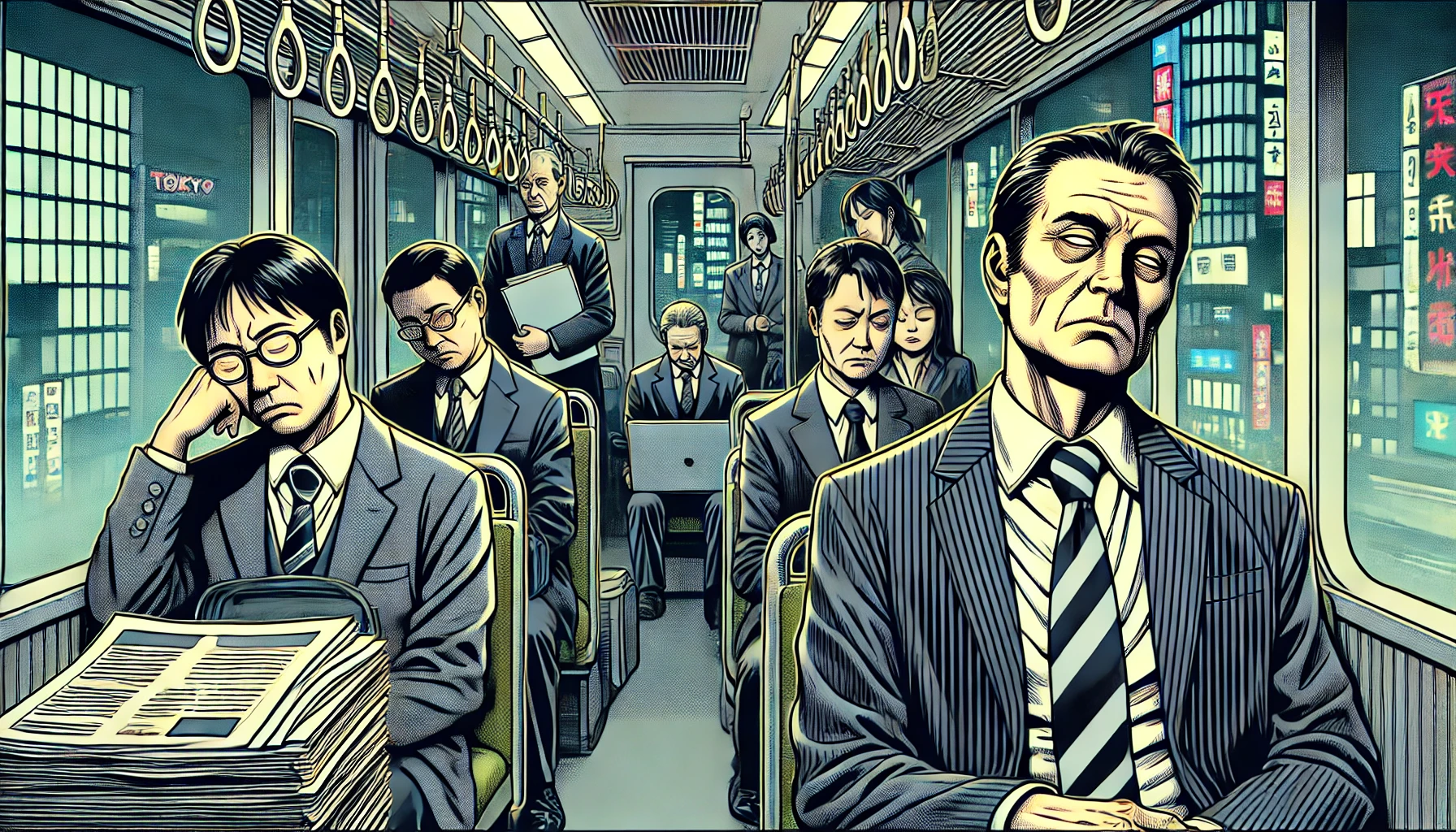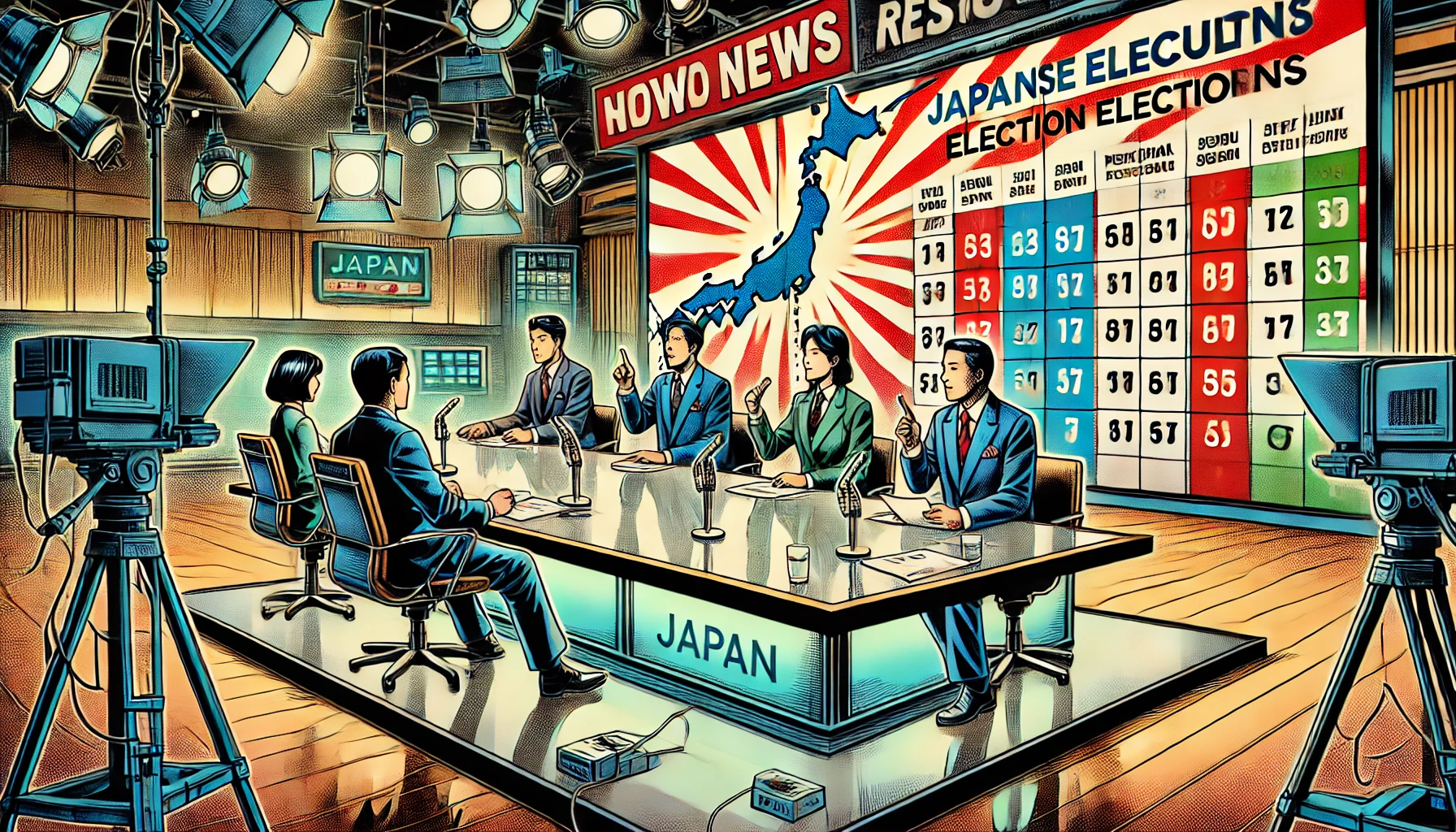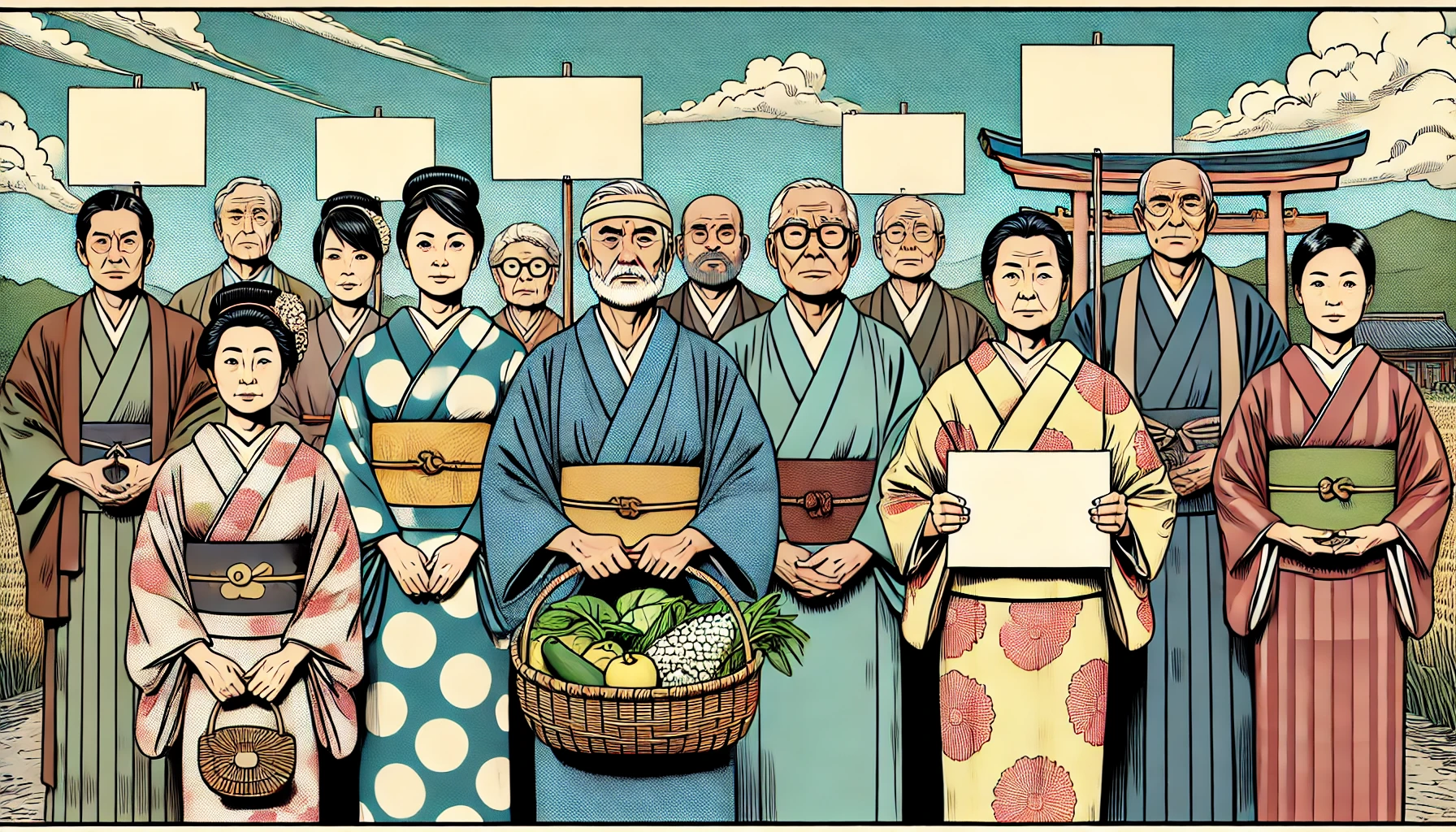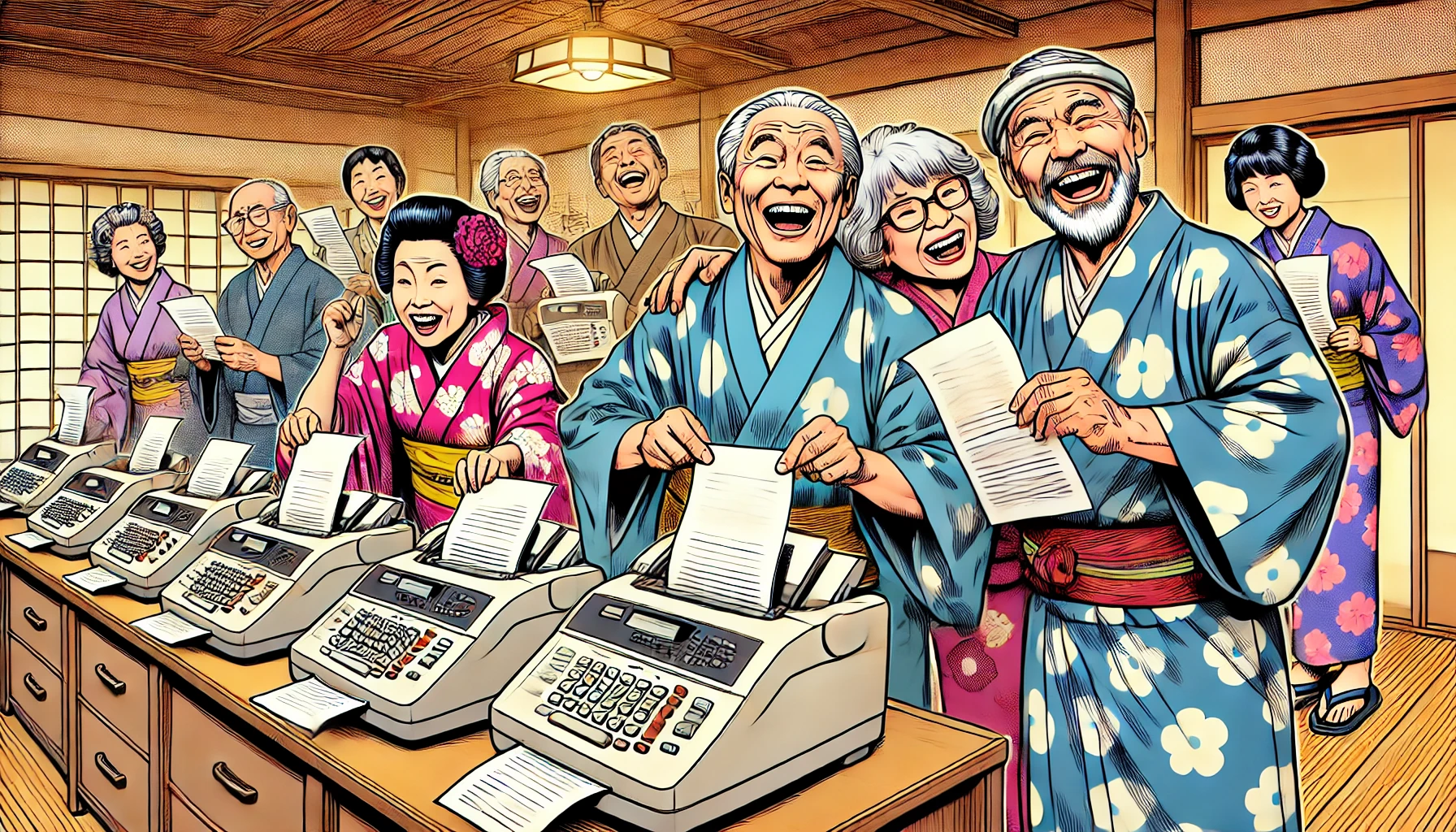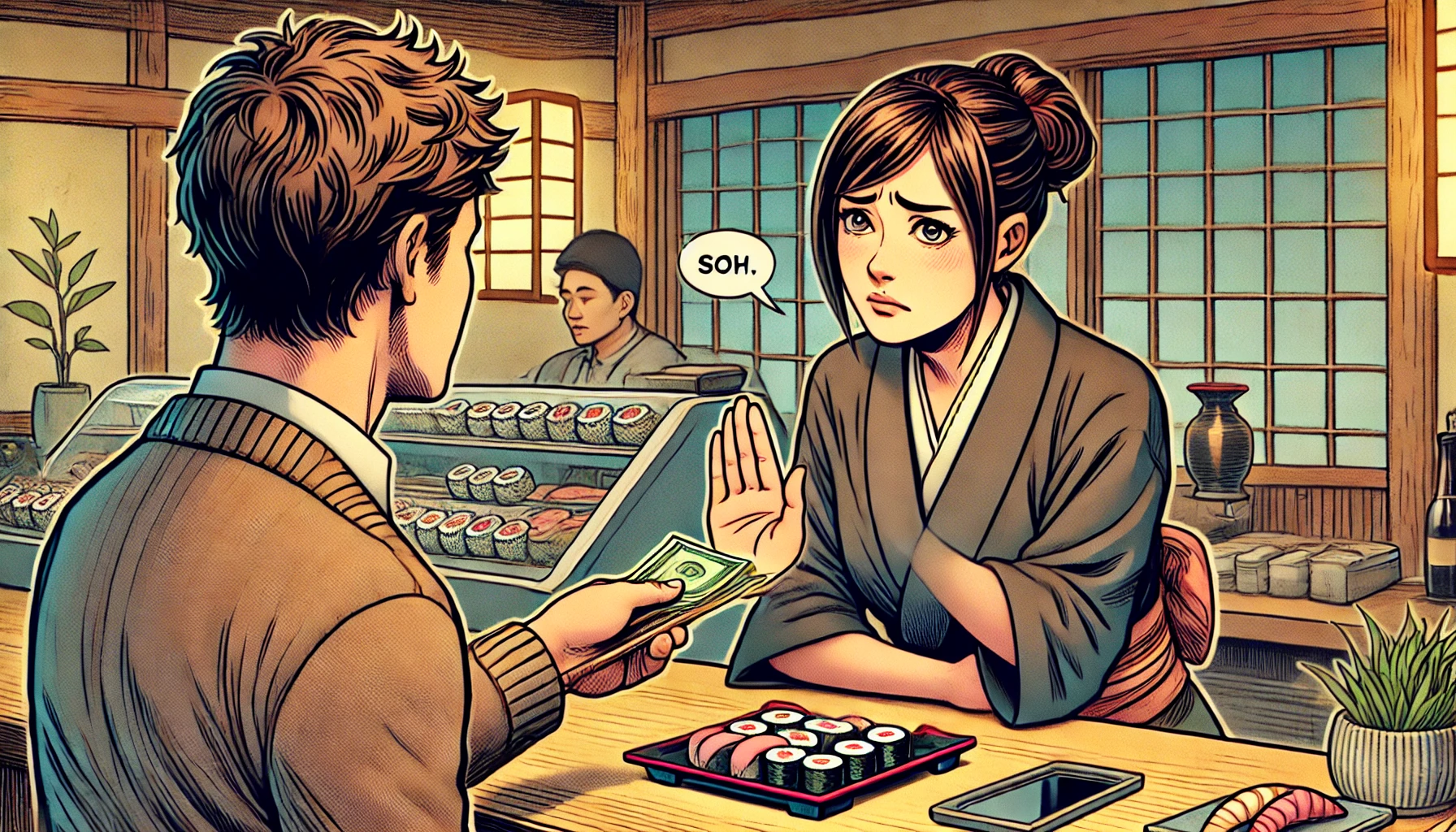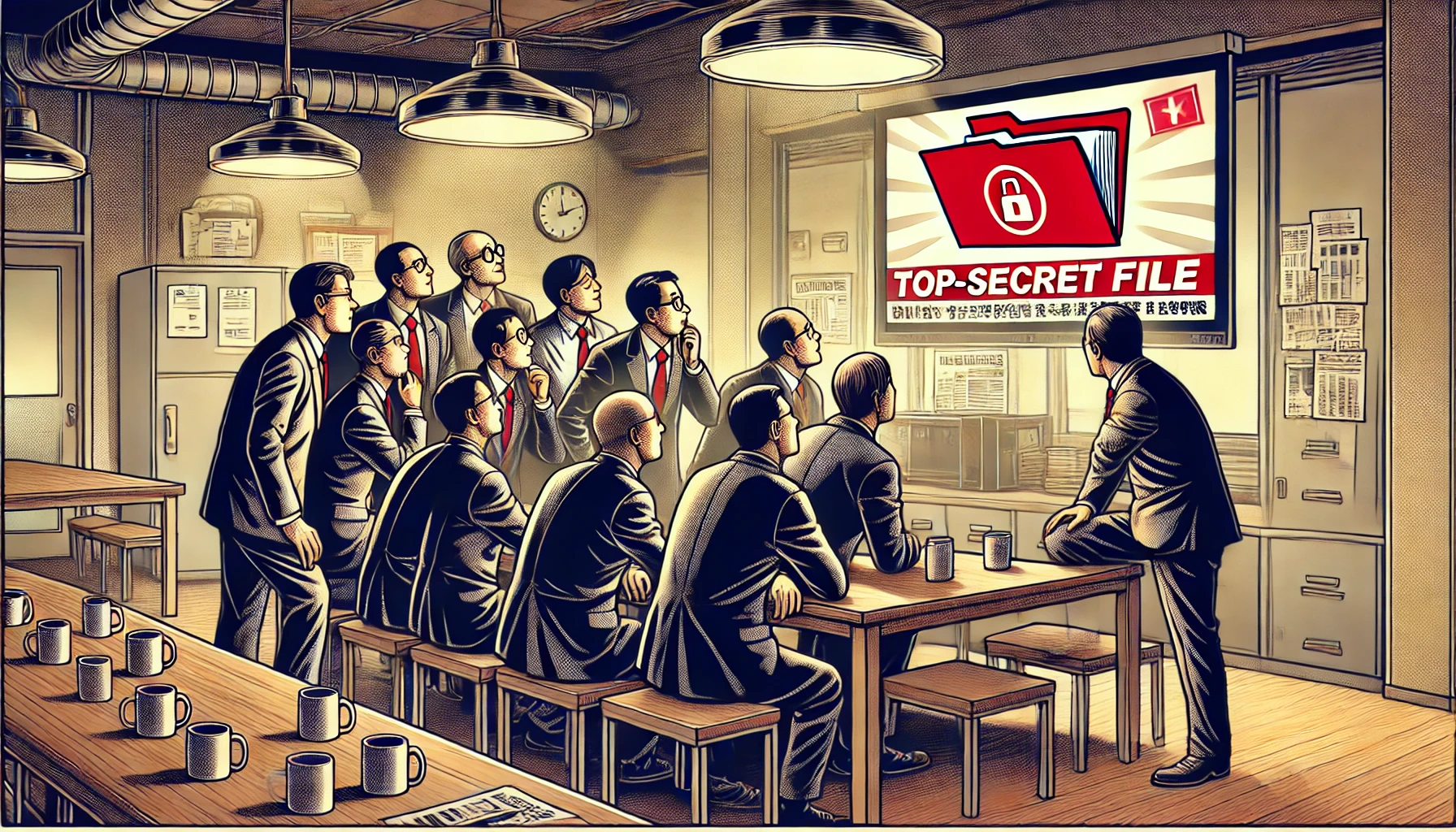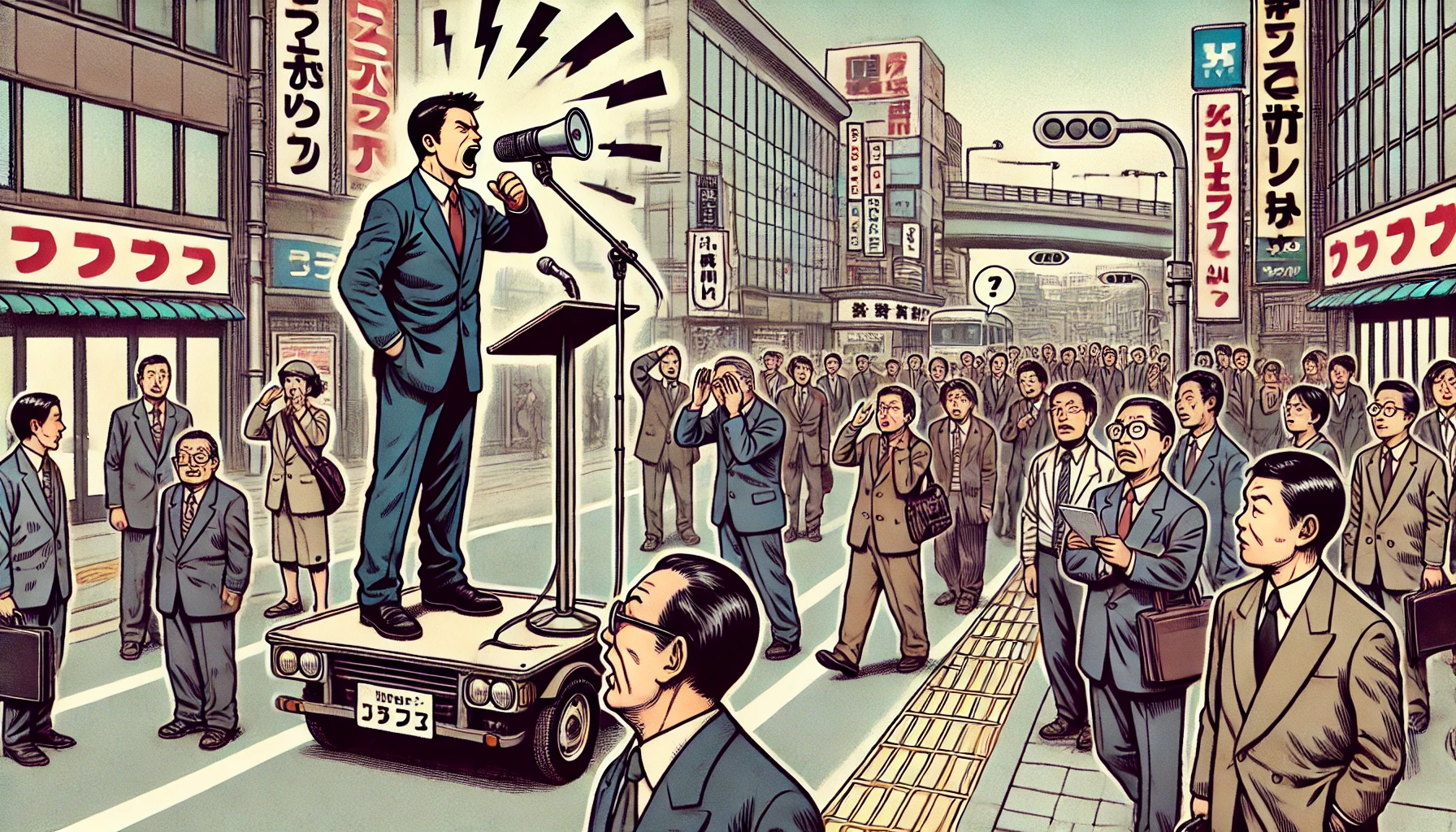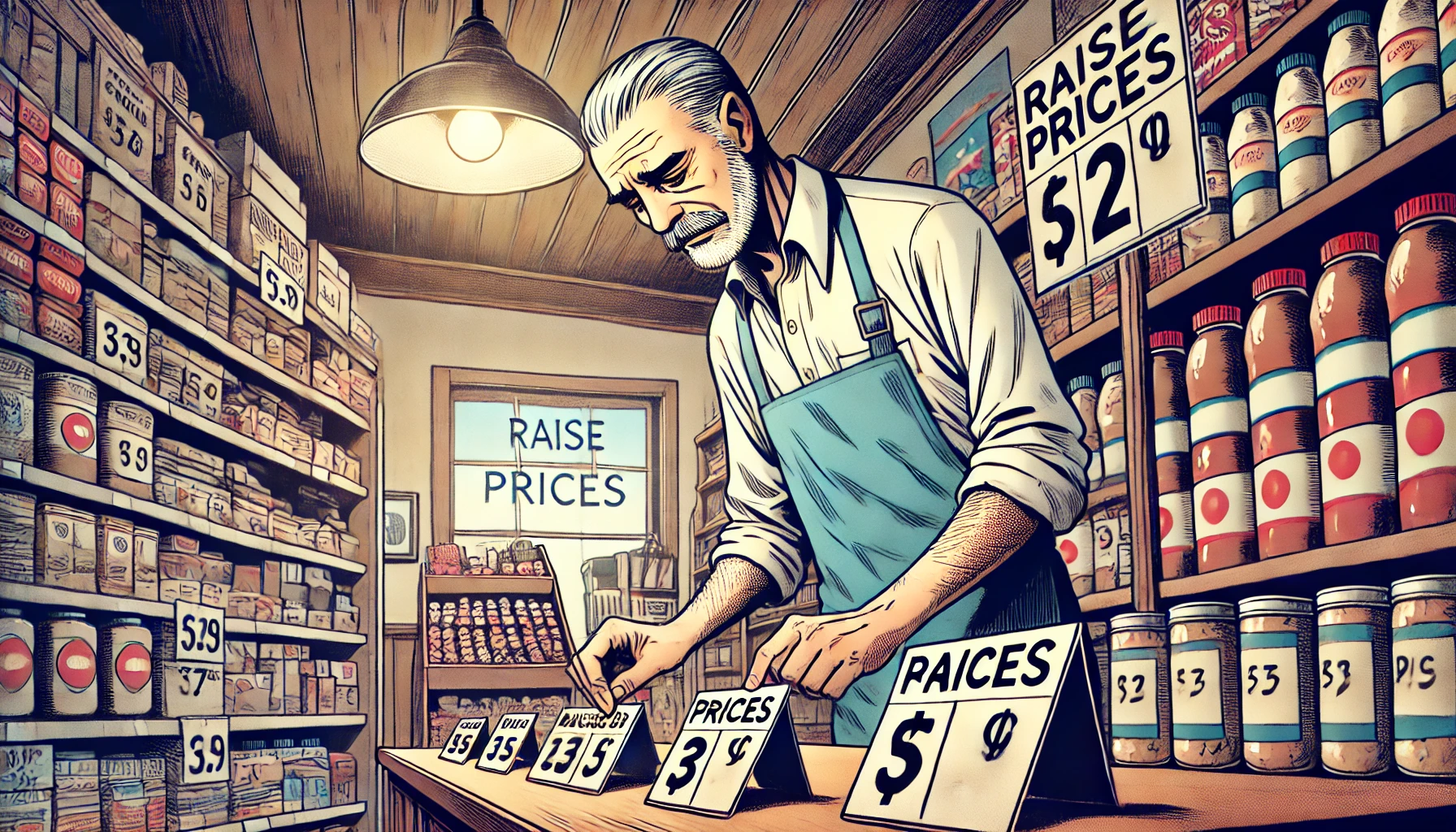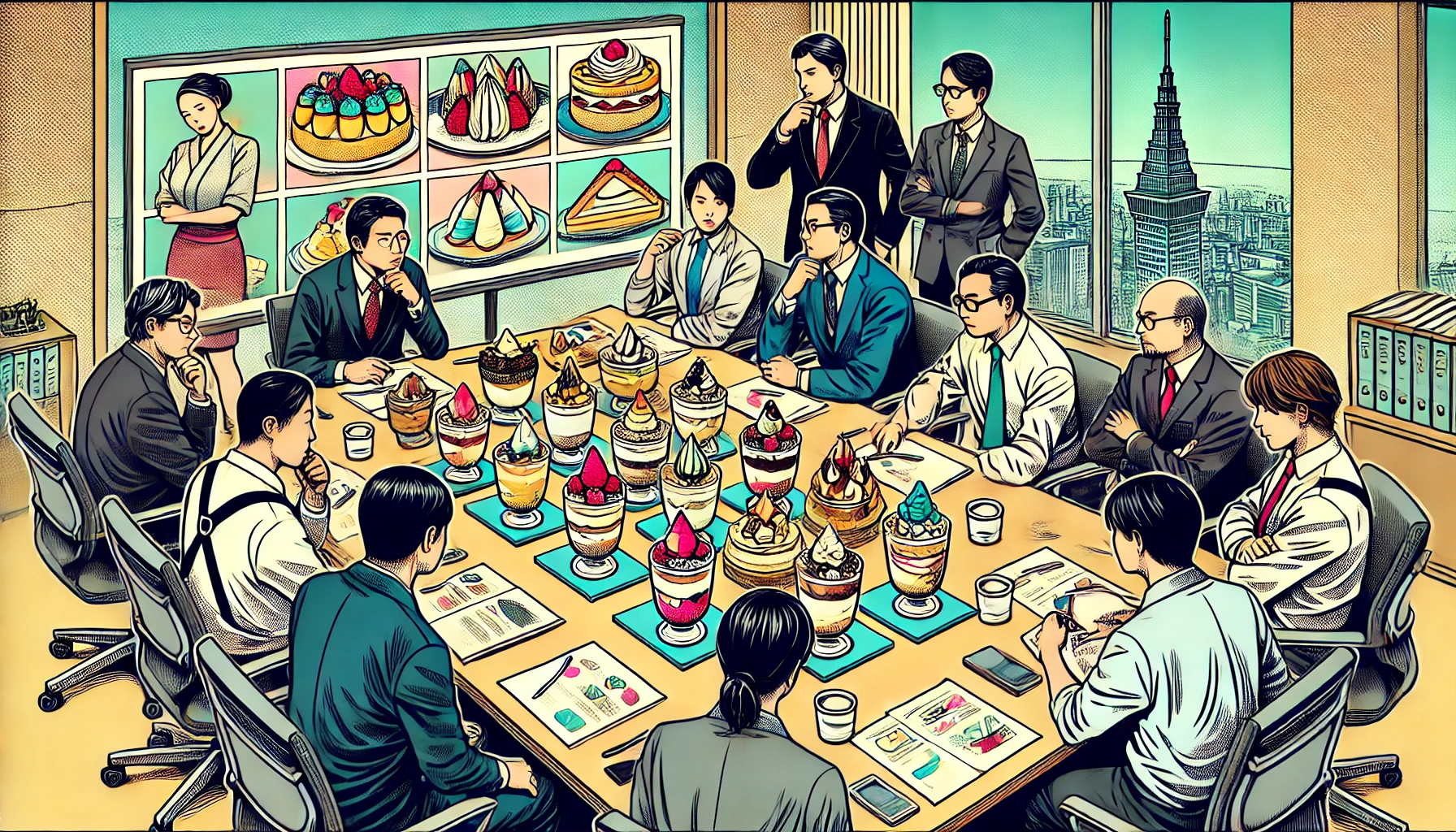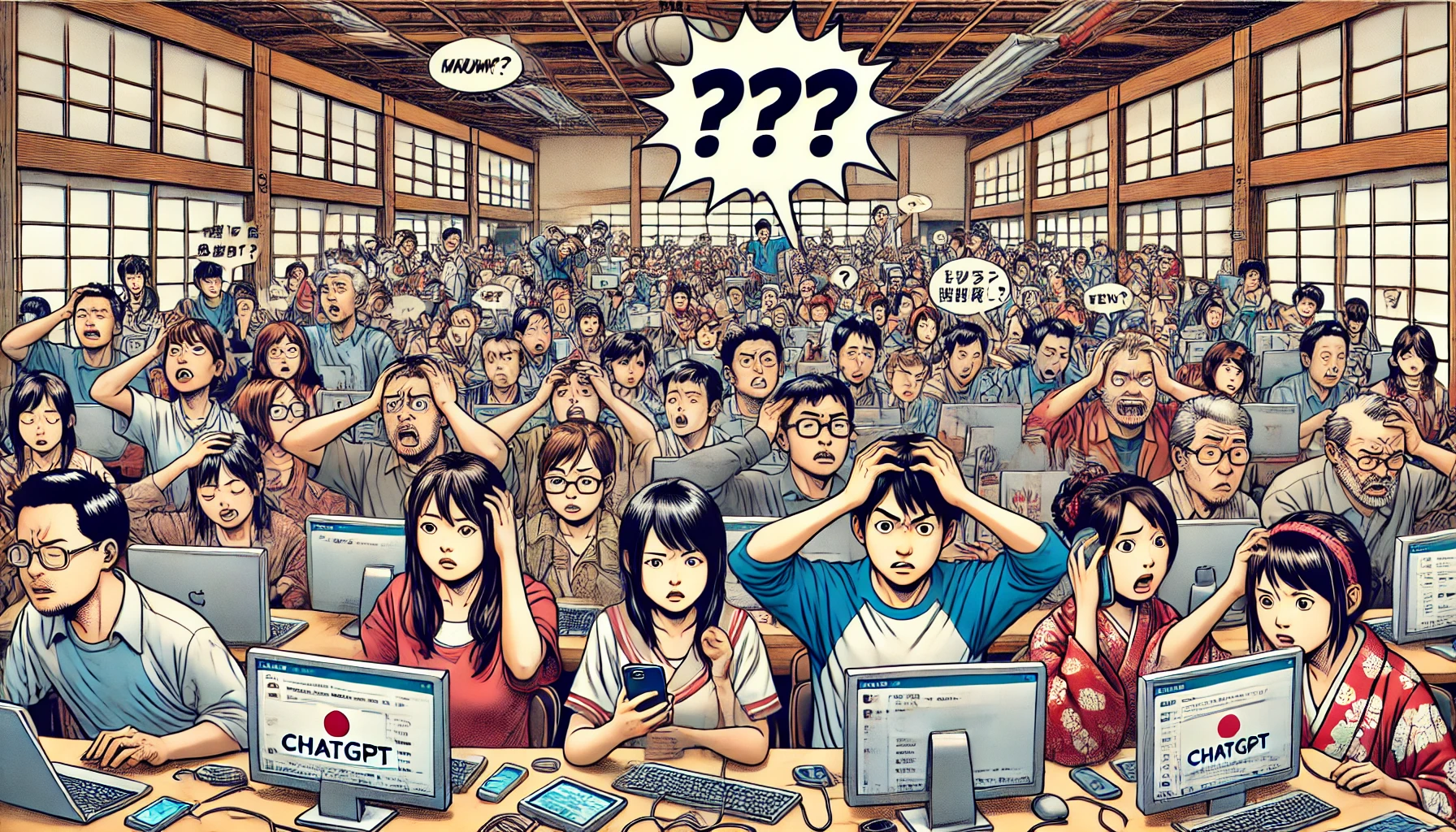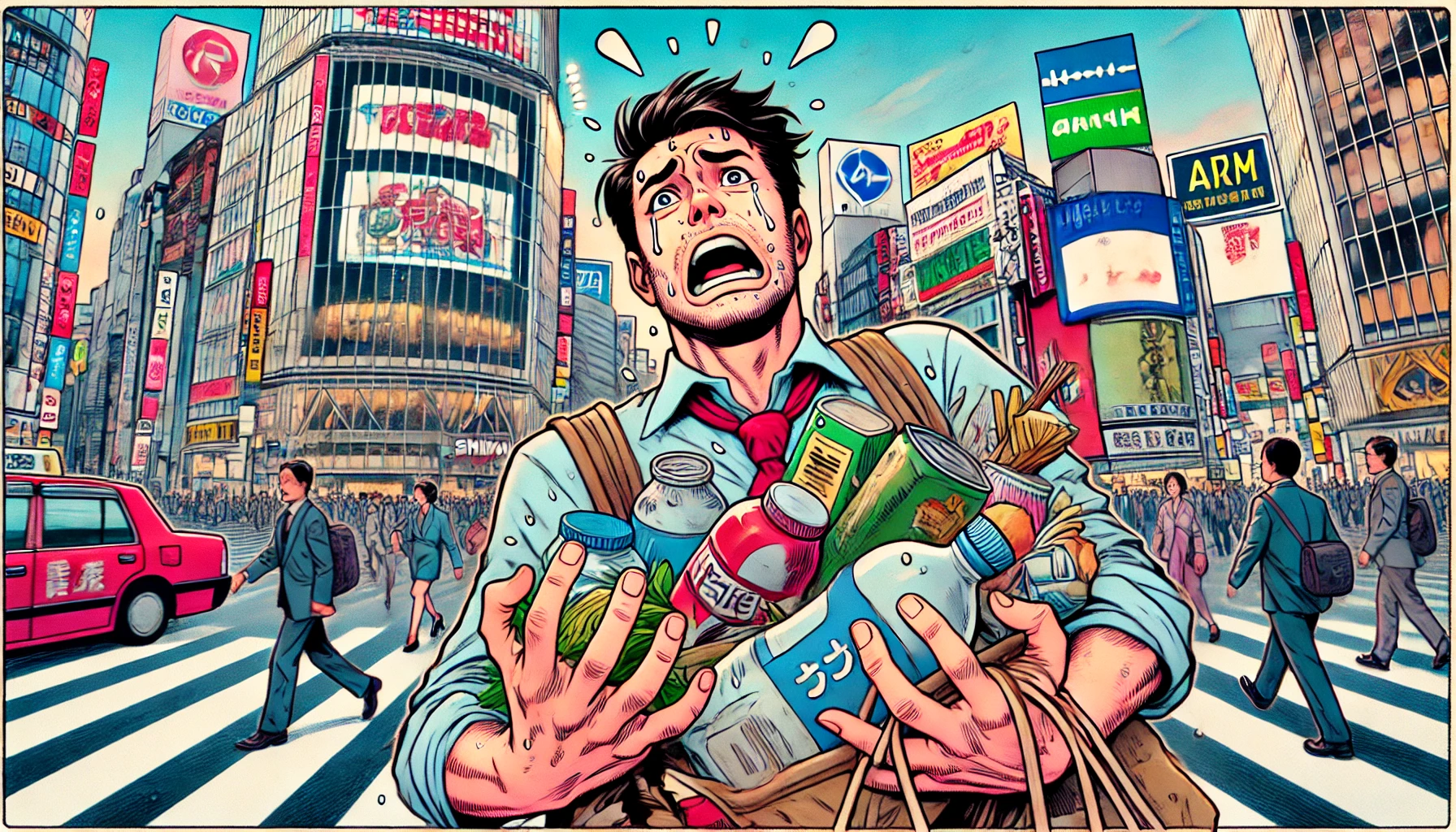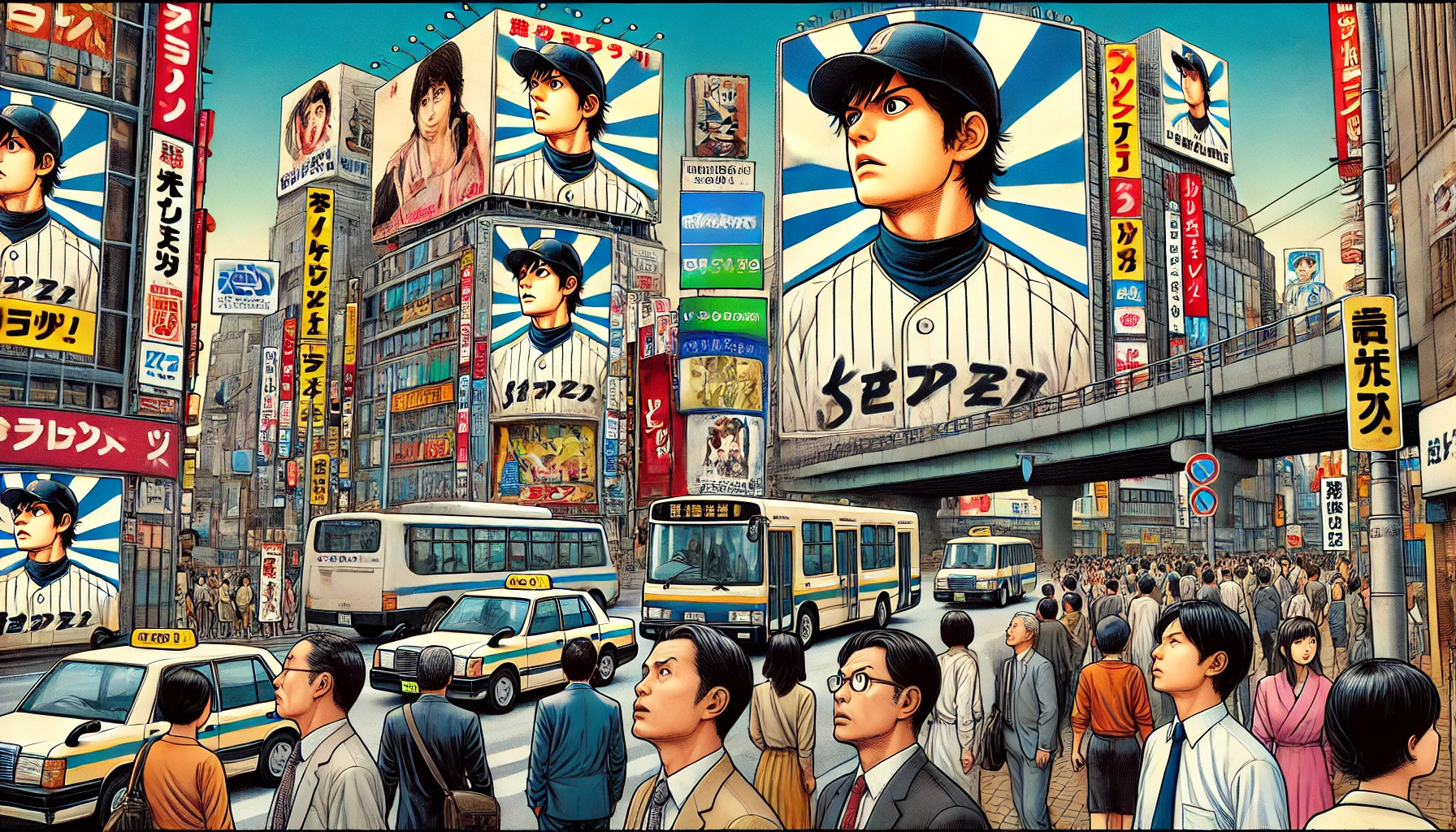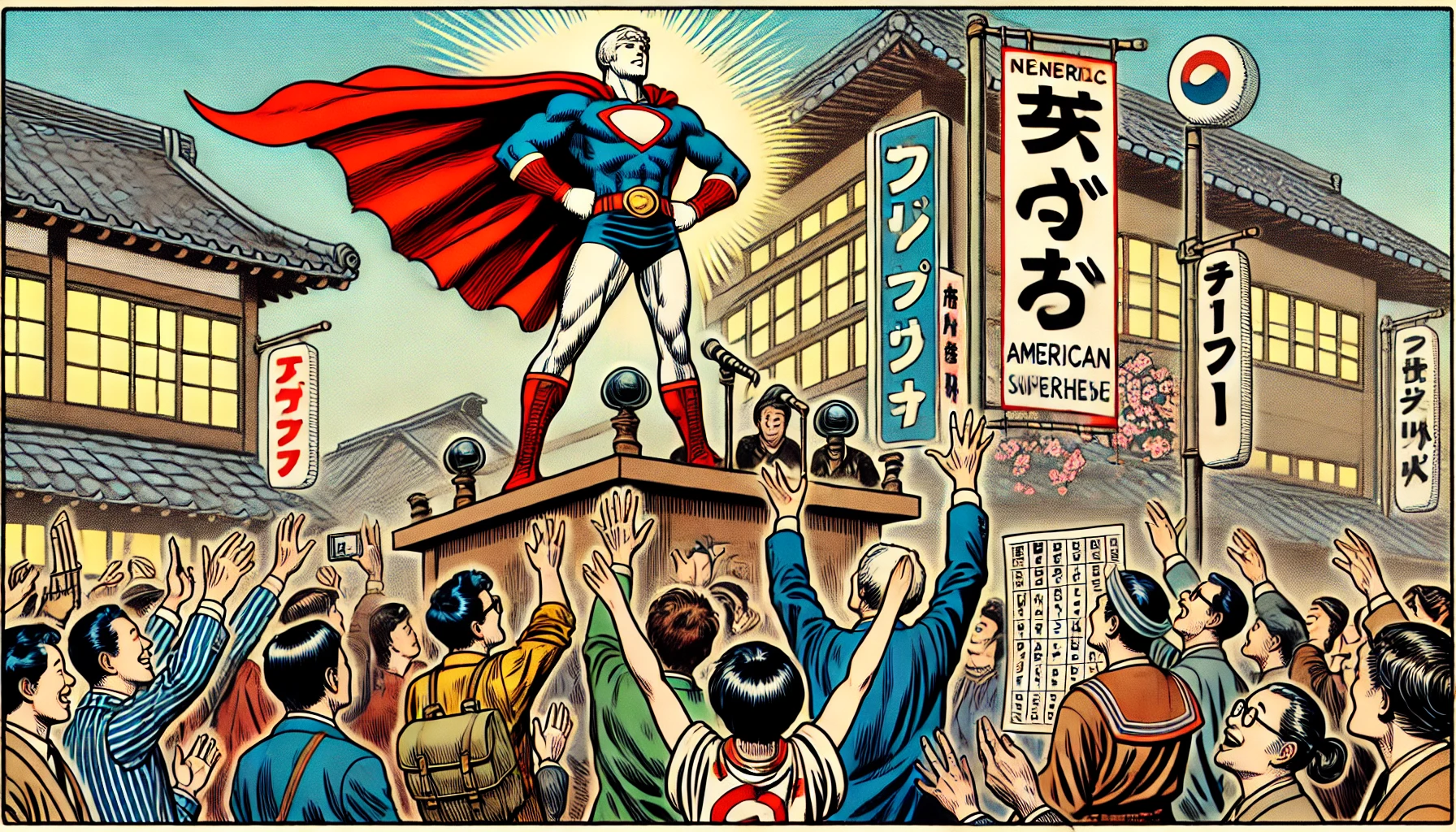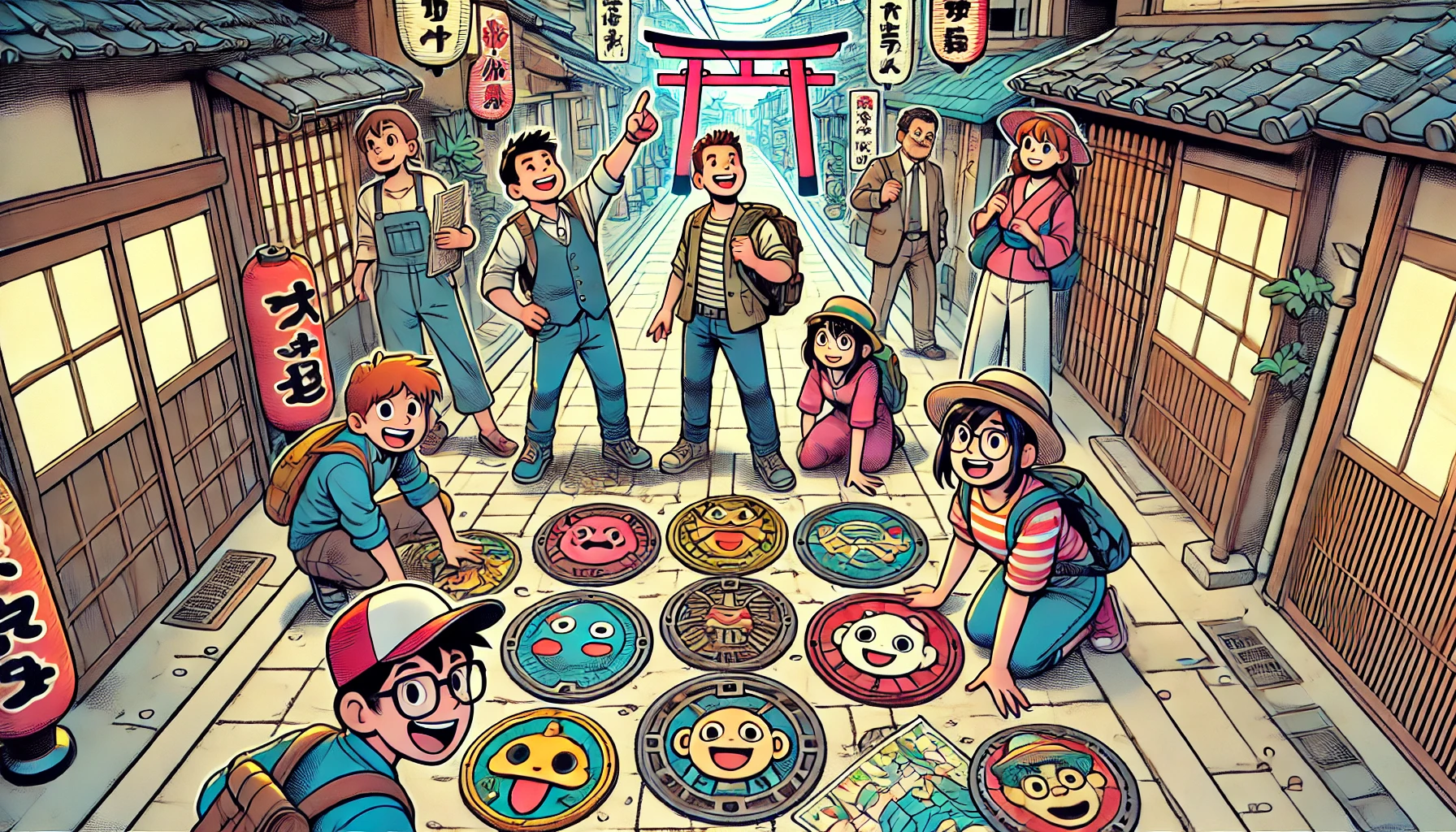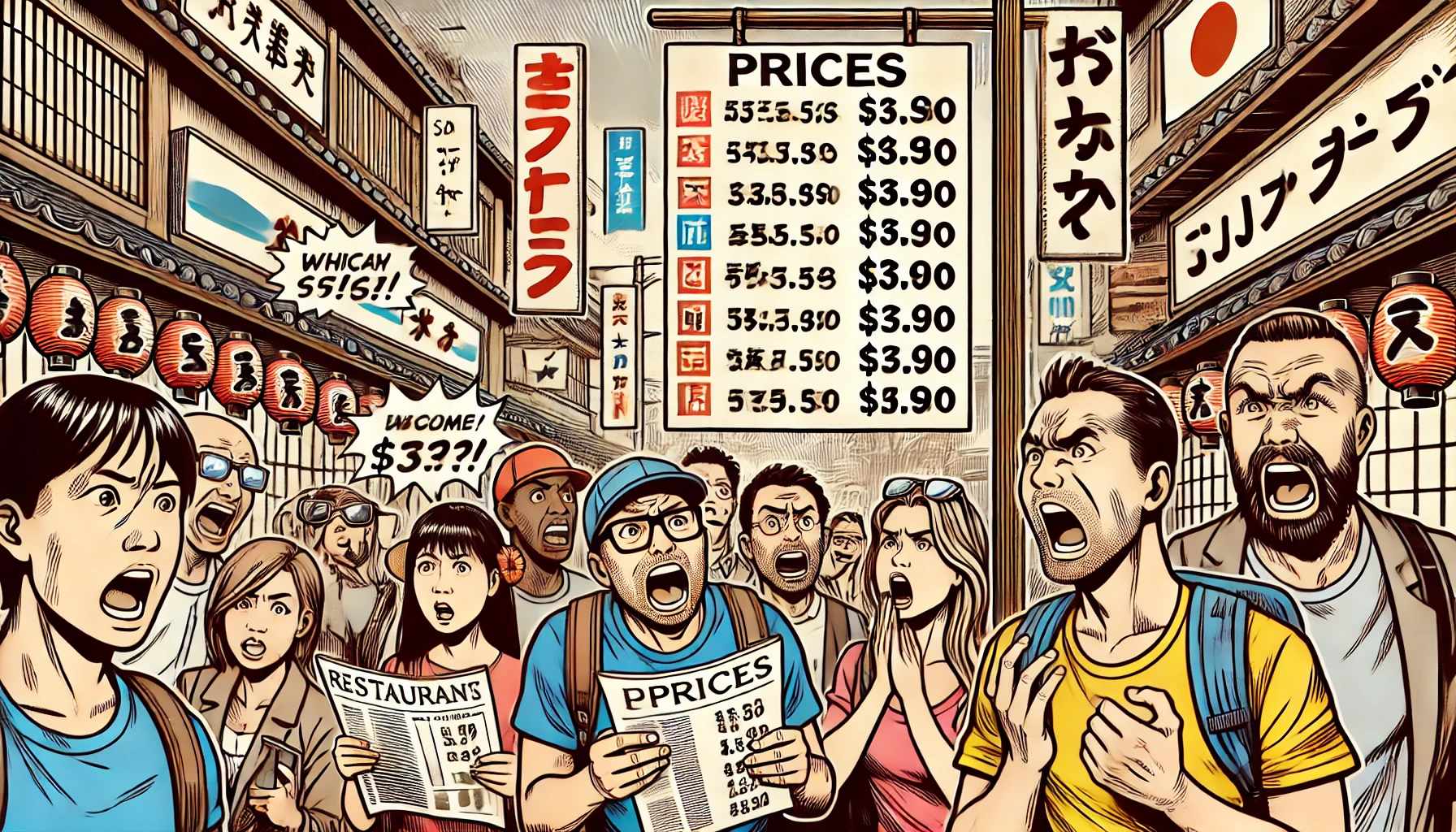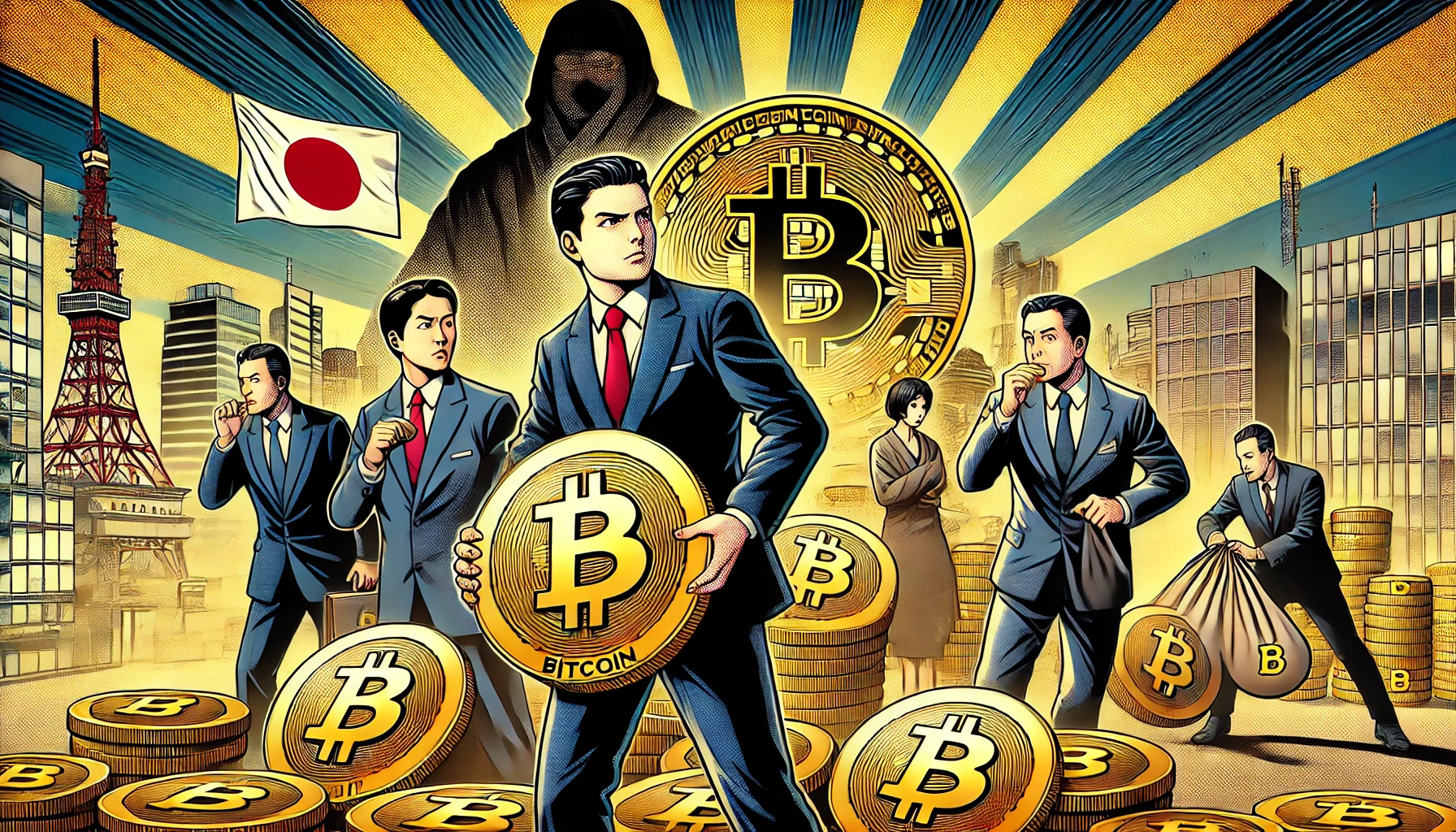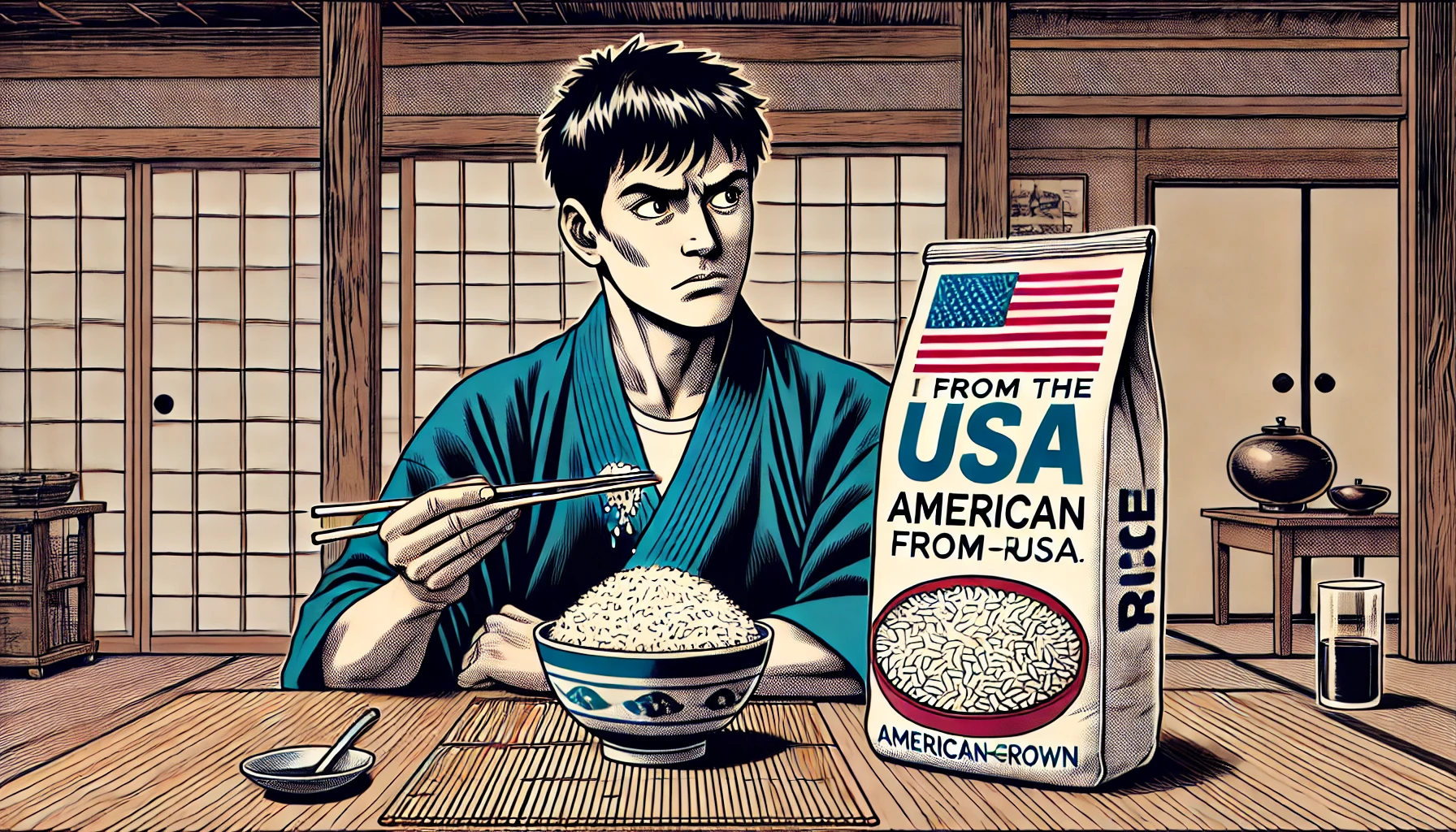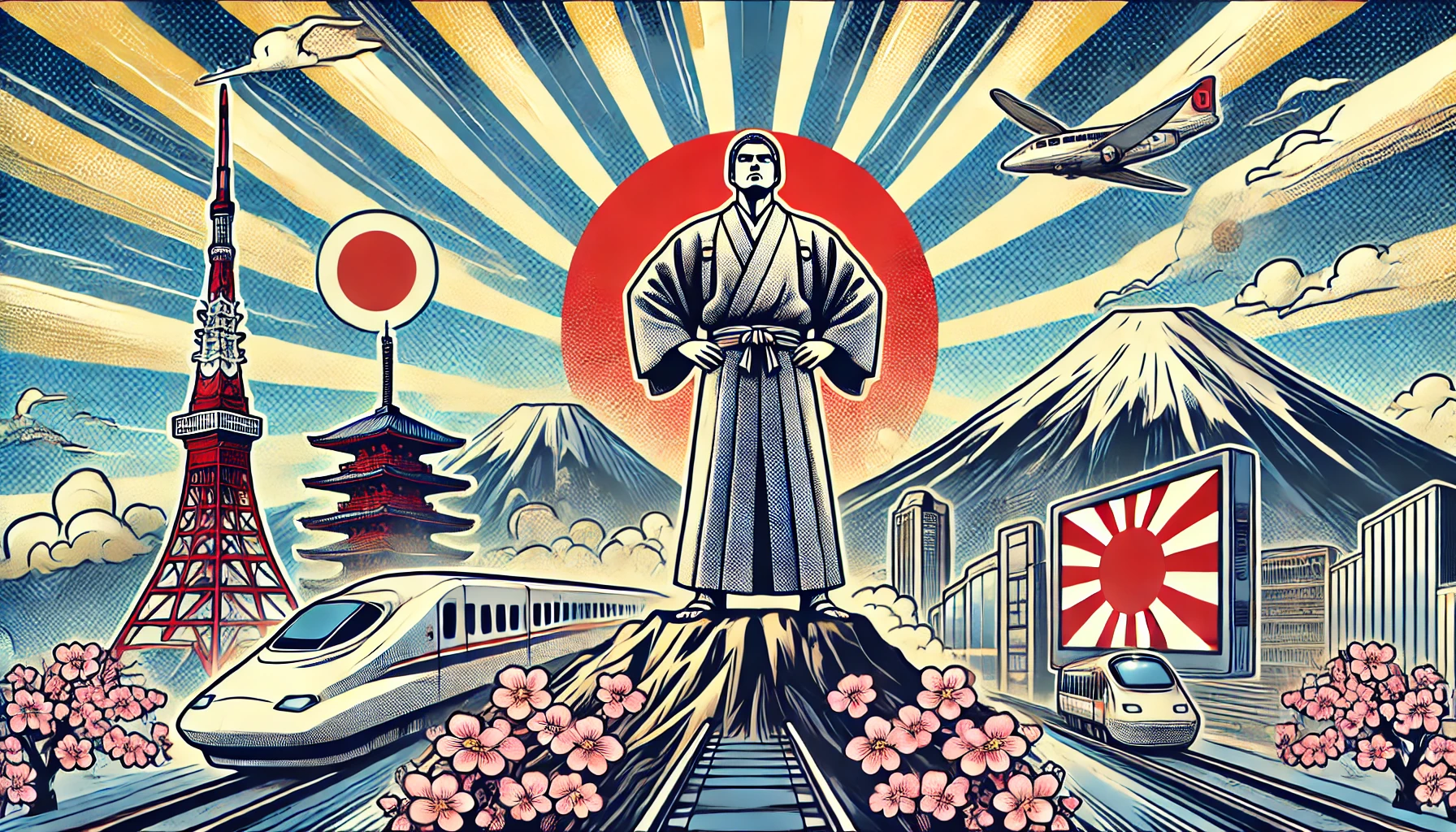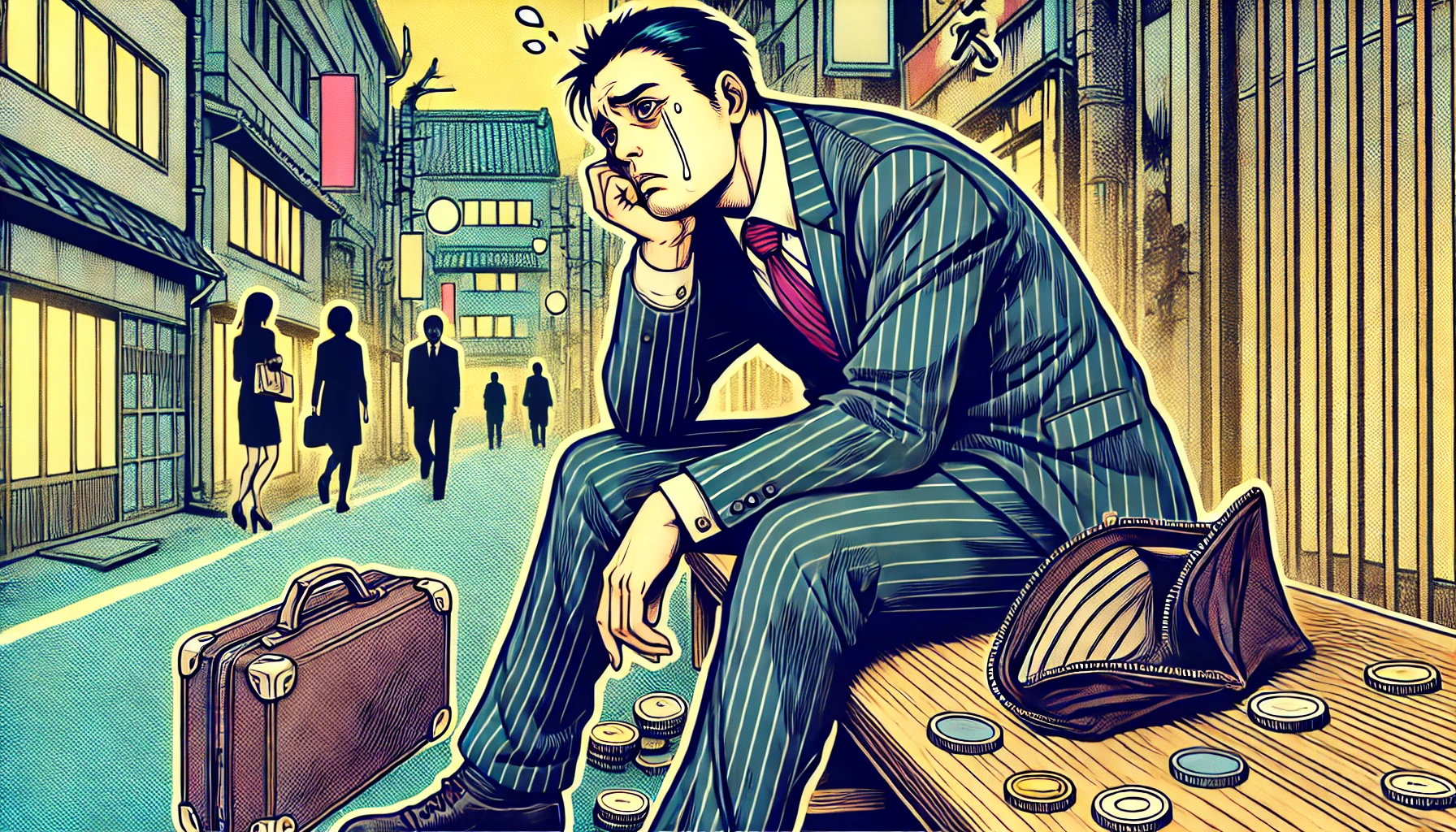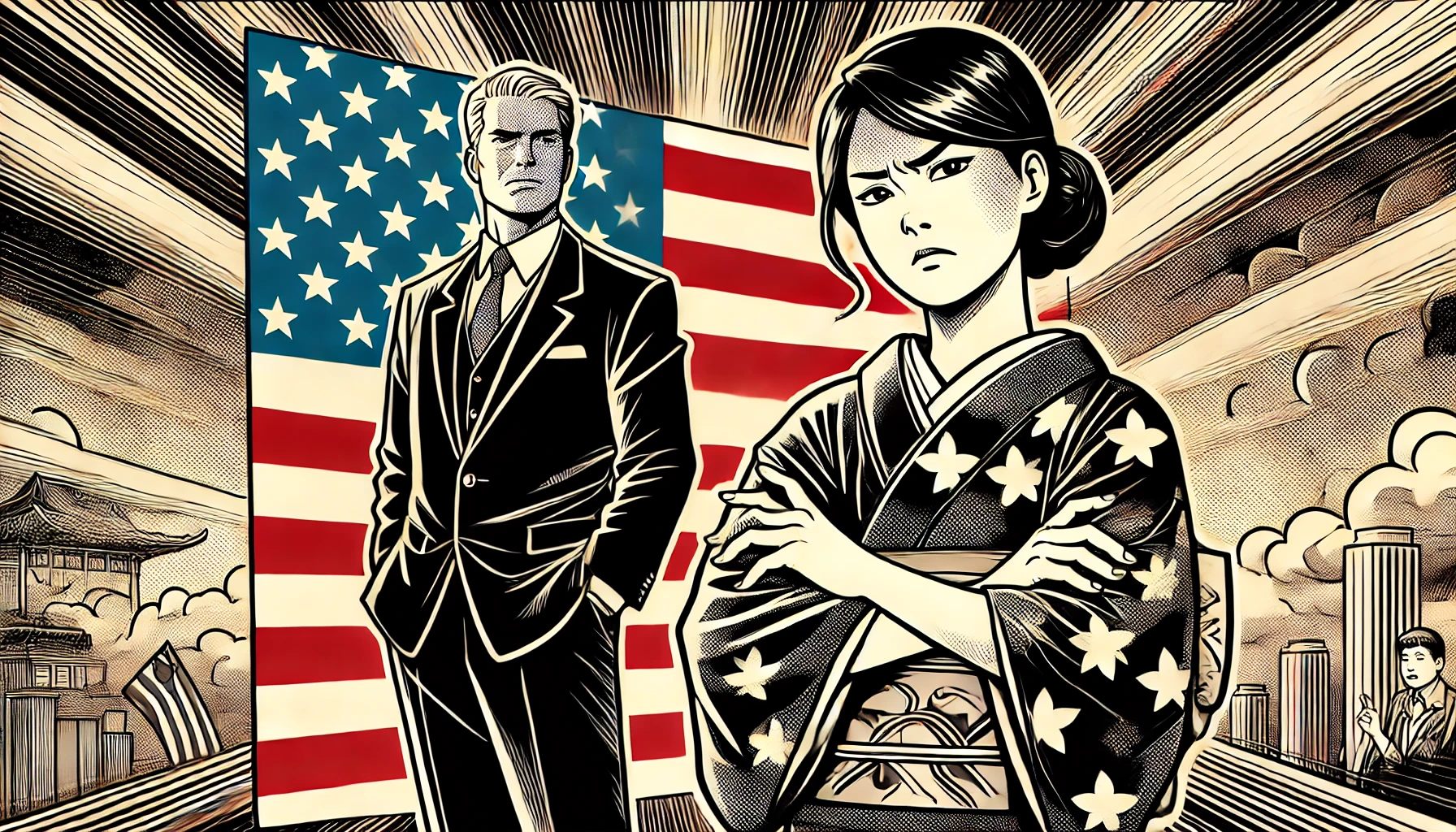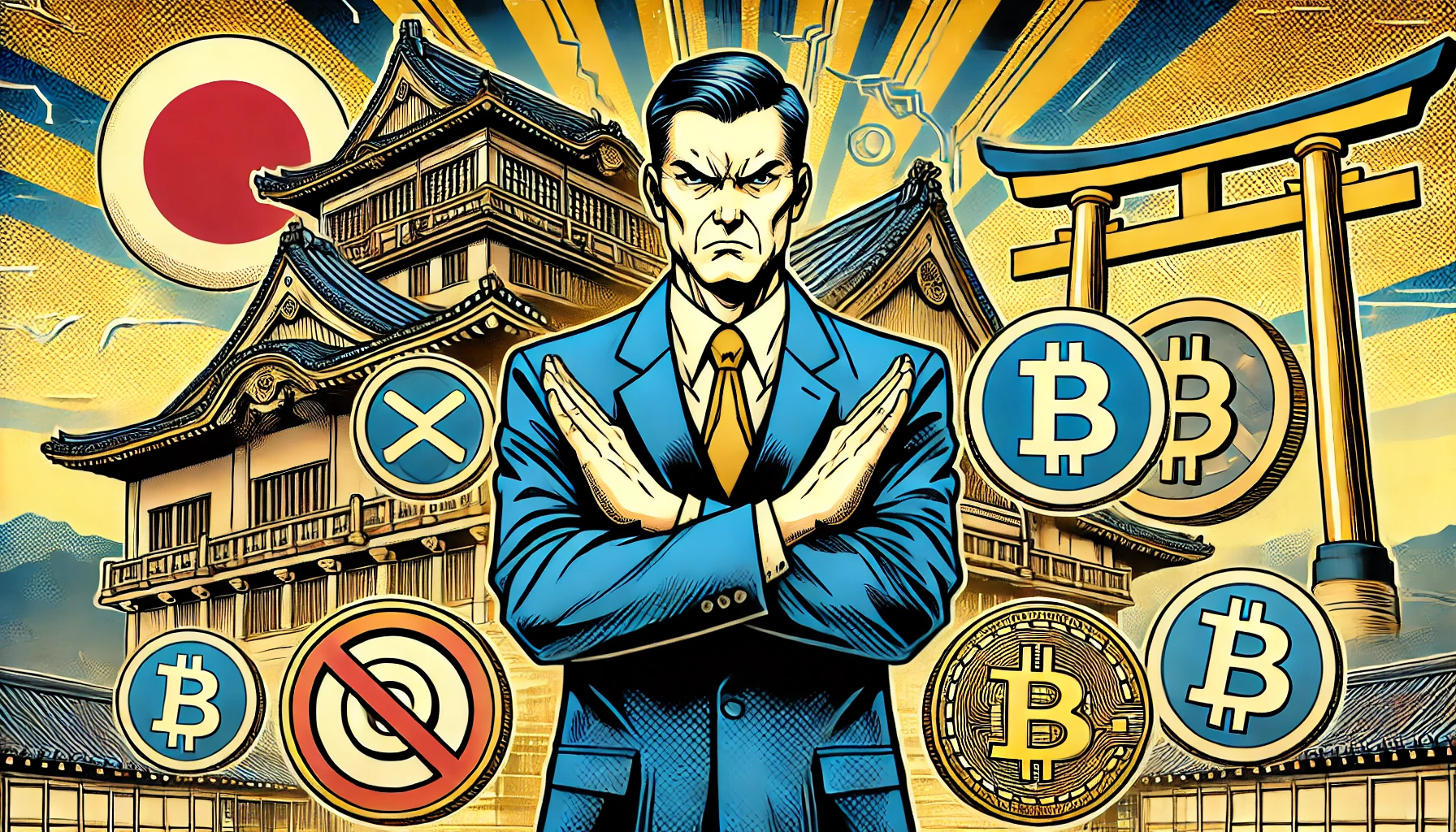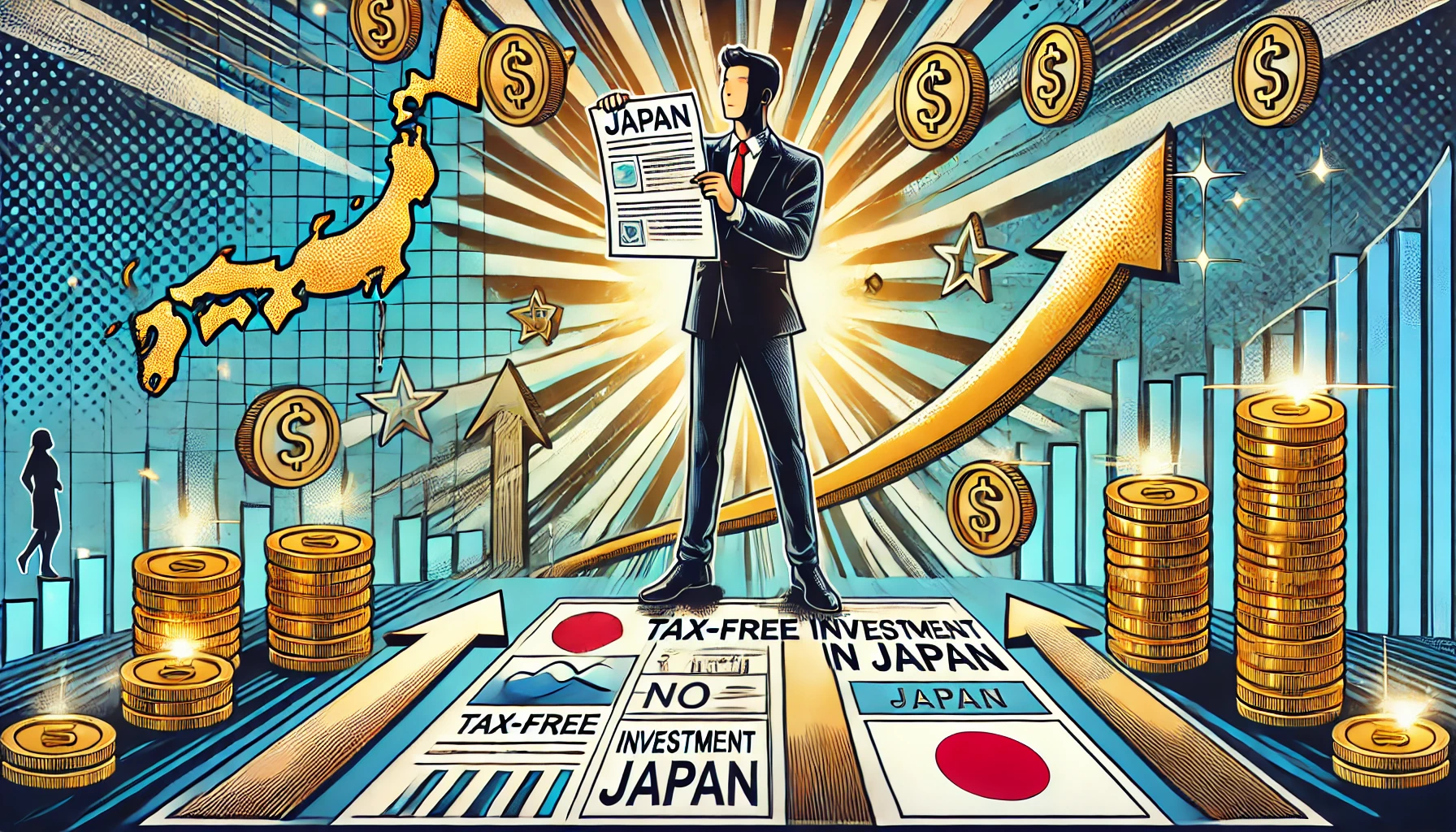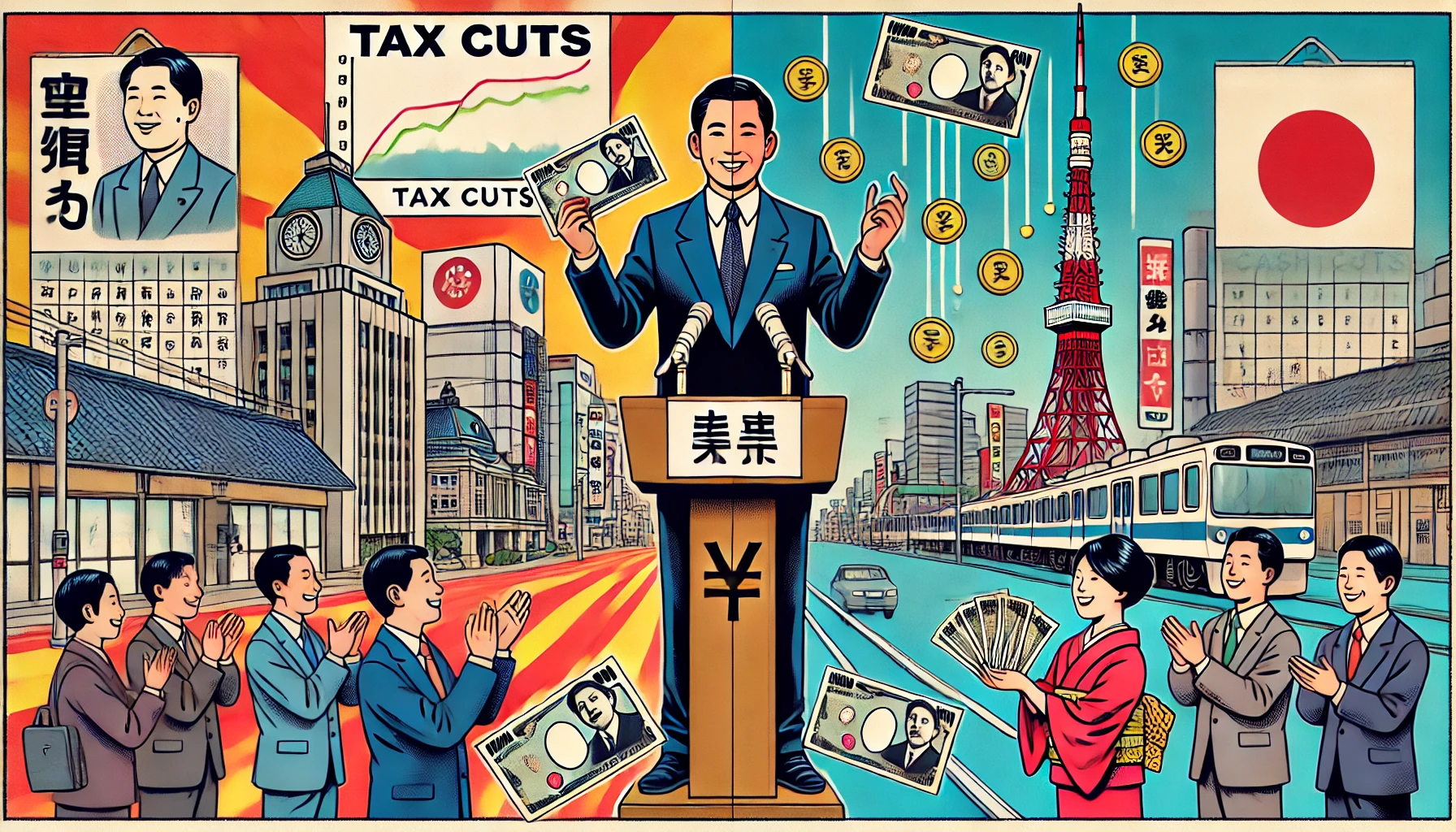
As inflation continues to affect households across Japan, the question on everyone’s mind is: How should the government help? Should it reduce taxes, or give out direct cash payments? 🧐 This issue has recently sparked widespread debate in Japanese politics and society, with strong arguments on both sides.
Let’s take a closer look at what’s happening — and what Japanese people really think.
🛒 Why Is This Debate Happening Now?
In recent years, Japan has seen its highest price increases in over a decade, especially for food, energy, and daily goods. Real wages, however, are not keeping pace — meaning people can afford less with the same income. 😔
This has led politicians and economists to discuss urgent ways to provide relief. Two main ideas have emerged:
- ✂️ Tax cuts (especially the consumption tax)
- 💸 Direct cash handouts to individuals or families
🏛️ The Government’s Choice: One-Time Cash Handouts
Under former Prime Minister Fumio Kishida, the Japanese government introduced a ¥40,000 income tax rebate and ¥70,000 cash payment for low-income households. However, many criticized the plan as too slow, too broad, or just a short-term political move.
When Prime Minister Shigeru Ishiba took over in 2024, his government promised a more direct approach:
✅ A flat ¥20,000 cash handout to all residents, with more for low-income families.
The goal? Fast and simple support without changing the tax system. 💨
But critics argue it’s not enough — and doesn’t lower everyday prices.
🧾 The Opposition: Lower the Consumption Tax
Meanwhile, opposition parties have taken a clear stance:
- 🍙 Constitutional Democratic Party of Japan (CDPJ): Cut the consumption tax on food (currently 8%) to 0% for one year
- 🛍️ Democratic Party for the People (DPFP): Cut overall consumption tax to 5%
- 🍜 Nippon Ishin & others: Remove consumption tax on food for 2 years
- 💰 Reiwa Shinsengumi: Cash handouts and full tax abolishment
Their argument? A tax cut helps everyone, every day — at the supermarket, convenience store, and gas pump. ⛽🧃
🗳️ What Do Japanese Voters Think?
📊 According to national surveys:
- Over 75% of Japanese support a consumption tax cut
- Only 18% support a ¥20,000 cash handout
Why? Many feel a tax cut gives long-term relief, while cash payments are used up quickly.
Some say, “Just lower food prices. That’s more helpful than getting ¥20,000 once.”
Even local elections in 2025 showed frustration with the cash-only plan — with the ruling party losing ground. 📉
💡 What Do Experts Say?
Economists are also split:
- ✅ Tax cuts lower prices at the register and boost spending — but may benefit wealthier people more, and hurt the national budget.
- ✅ Cash handouts can target the poor — but may be saved instead of spent, limiting their effect.
Japan’s public debt is already high, so either option must be balanced carefully. ⚖️
Some suggest combining both: targeted cash for the poor, plus a temporary tax cut on essentials.
📣 Conclusion: The Debate Continues
Japan’s inflation relief policies are not just about economics — they’re about fairness, trust, and political survival.
Will the government stick with cash handouts?
Will tax cuts win public support?
One thing is clear: Japanese people want relief they can see and feel — not just promises. And with inflation still biting, this debate is far from over. 🔥

